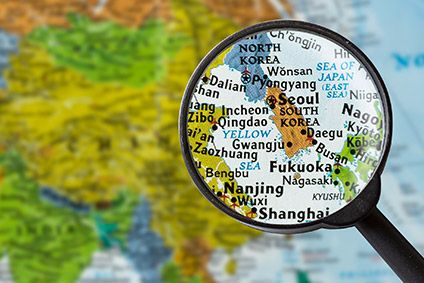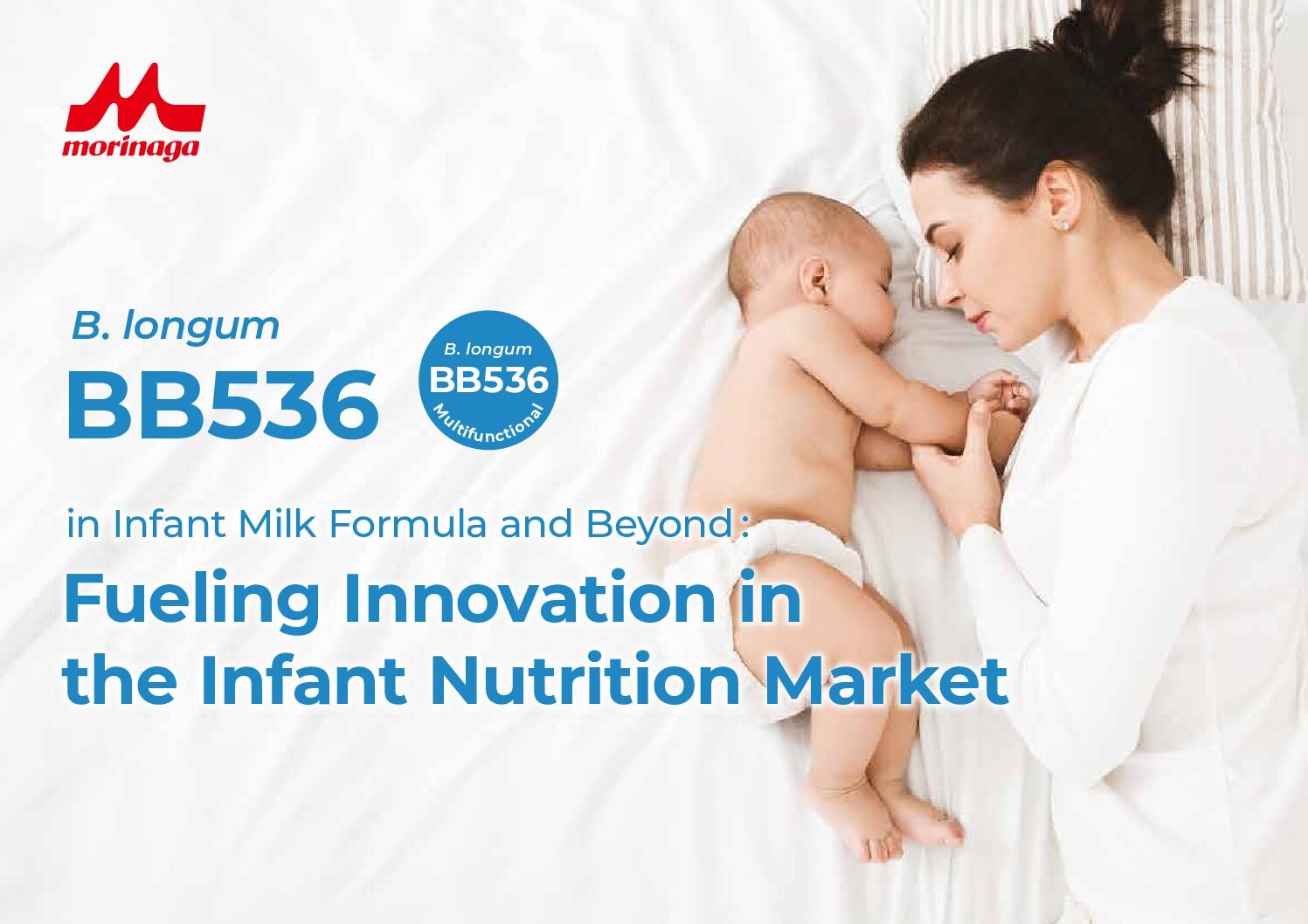
South Korea has released new guidelines designed to enable food companies selling into the country to more easily comply with national nutrition labelling regulations.
The guideline include a ten-step code of practice, a decision tree pictorial as well as a Q&A tutorial. This partly interactive advice is designed to provide increased clarity regarding some difficult decisions regarding the categorisation of food products.

US Tariffs are shifting - will you react or anticipate?
Don’t let policy changes catch you off guard. Stay proactive with real-time data and expert analysis.
By GlobalDataFor instance, hard confectionery is a category that requires labelling under the Food and Other Labels and Advertisements Act, but the tutorial clarifies the label may be omitted if the product has a main surface area of 30 cm² or less when in packaging or a container.
Another noteworthy question addressed is whether a food company can make a nutrition claim for calcium in seasoned, dried fish despite it not being a food category that requires nutrition labelling. The tutorial explains brands may highlight the calcium content but must state names, amounts and percentages of the daily mandatory nutritional value of calcium and a daily nutritional reference as well.
Also, frozen dumplings retailers are told by the guidance that they must sell products with nutrition labelling when selling direct to consumers, even though suppliers of frozen dumplings to caterers are exempt from these requirements under the Food and Other Labels and Advertisements Act.
The advice also mentions a range of traditional Korean cooking ingredients remain exempted from nutritional labelling requirements, such as soy bricks (meju) and pastes (cheonggukjang).
The release of the guidelines follows the implementation of the Food and Other Labels and Advertisements Act in March 2019, which integrated labelling requirements that were formerly authorised within several different laws; expanded the scope of prohibited labelling; and introduced requirements to substantiate label content.
Nonetheless, the government has admitted the new legislation had created confusion within the South Korean food industry: “We expect that the guidelines will ease the difficulty of labelling for food companies, and we will continue to provide the food industry with the necessary information to ensure proper labelling,” a ministry spokesperson told Korean-language media.







